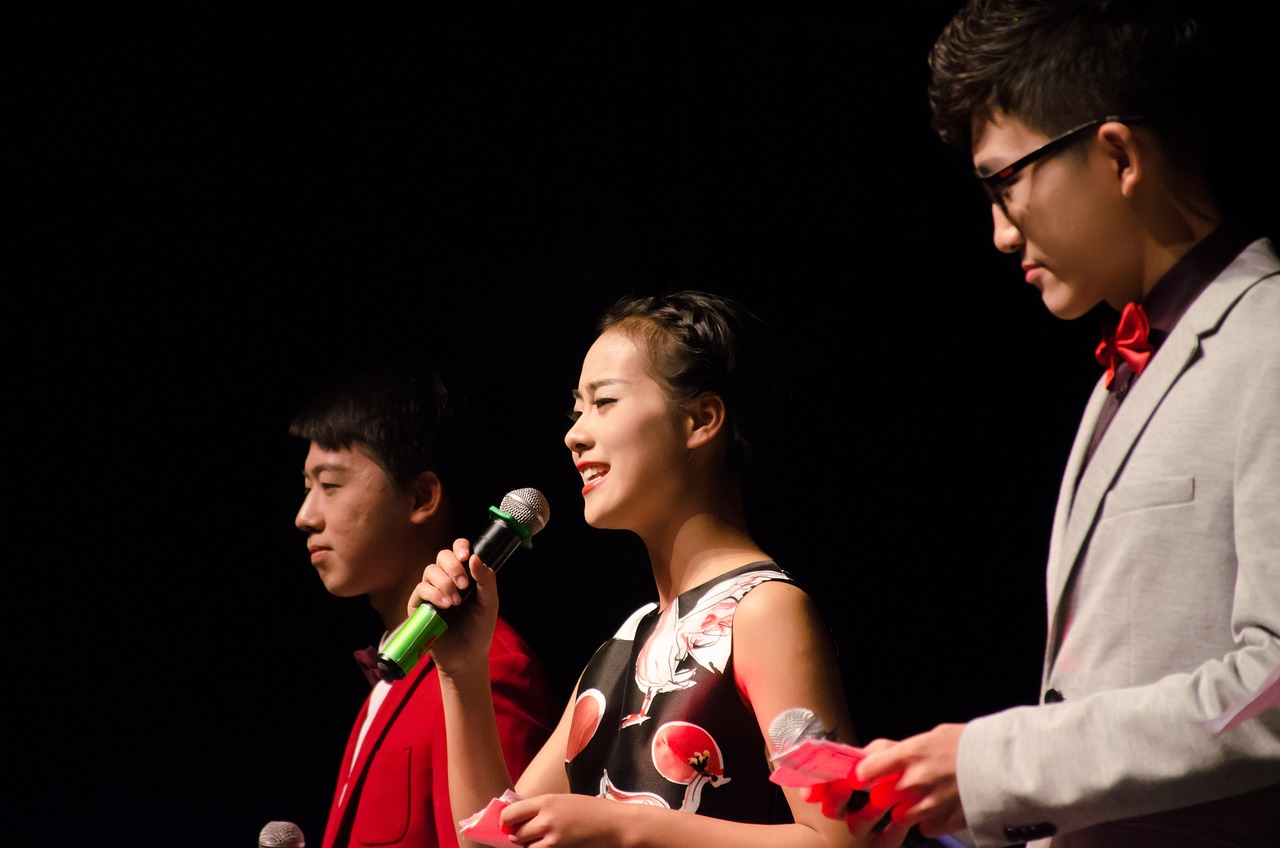In the heart of Shanghai, beneath the glow of a projector screen in a dimly lit pub, Liang Xiao, a 32-year-old urban professional, found himself captivated by an unexpected lecture. As he sipped his beer, a Chinese PhD student, currently studying at a prestigious American university, delivered a thought-provoking sociology lecture to a crowd of over 40 young people. The lecture focused on the structure of modern states, with an emphasis on how state power is maintained, including the role of force—a topic rarely broached in China’s increasingly constrained political environment.
Liang was particularly struck by how openly the speaker discussed topics like state violence, a subject that is generally taboo in China. “I was completely stunned when he mentioned violence so bluntly,” Liang said. “In China, you just can’t talk about the nature of a country so openly.” The event, which took place at an “academic pub,” marked one of a growing number of gatherings across China’s major cities, including Beijing and Guangzhou, where young intellectuals gather in informal, pub-like settings to engage in free-flowing discussions on politics, philosophy, and sociology.
These academic pubs have become a rare outlet for intellectual exchange in a country where the public sphere is shrinking and the government’s control over speech and media is expanding. The rise of these spaces reflects a desire among China’s younger, more cosmopolitan generation to access ideas and debates that are often stifled in more formal settings, including universities and government-sponsored think tanks.
The Rise of Academic Pubs in China
In recent years, “academic pubs” have gained popularity in major urban centers in China. These events are typically free and feature lectures or discussions led by scholars, academics, or intellectuals, many of whom are affiliated with universities both within China and abroad. The venues for these events—often bars or cafes—are designed to foster a relaxed atmosphere where ideas can flow more freely, without the constraints typically found in more traditional academic settings.
For many young Chinese, these events are among the few places where they can engage with contemporary ideas and global discussions that are often censored or tightly controlled in mainstream media. According to a report by CNN, these gatherings are growing in number as more young people seek to explore ideas about social structures, history, and politics that are rarely addressed in public discourse in China (CNN, 2024).
One of the key attractions of these academic pubs is their focus on intellectual freedom. In a country where topics such as the role of the Communist Party, state censorship, and historical events like the Tiananmen Square protests are often heavily censored or repressed, these informal lectures allow for more candid discussions. However, the format also allows for some degree of subversion, as the events are held in non-official venues like pubs, which are less likely to attract government scrutiny compared to formal academic institutions.
The Censorship Context in China
In recent years, China has seen a tightening of censorship laws and an increasing crackdown on academic freedom, particularly in the realms of political science, history, and social theory. President Xi Jinping’s administration has imposed stricter controls on education and intellectual thought, with universities under pressure to toe the line in terms of ideological conformity. Topics that challenge the Communist Party’s narrative or question sensitive historical events are particularly at risk of censorship.
As Reporters Without Borders notes, China’s media environment is one of the most restrictive in the world, with the government continuously expanding its censorship apparatus to suppress dissenting views. Academic institutions in China are also subject to strict guidelines that discourage professors and students from discussing topics that could be seen as politically sensitive or subversive.
Despite these restrictions, the rise of informal intellectual spaces like academic pubs suggests that there is a hunger among younger generations for open discussion and critical thinking. According to Liang Ren, a sociologist based in Beijing, these gatherings provide a critical space for “new forms of knowledge exchange” in a climate of increasing ideological control. “Young people are thirsty for different perspectives and alternative narratives. These spaces are a way to push back against the ideological constraints they face in official spaces,” Ren explains.
Global Influence and Changing Attitudes Among Young Chinese
Many of the scholars and intellectuals who speak at these academic pub events have been educated abroad, and they bring with them fresh perspectives on global issues, including social inequality, environmental sustainability, and political philosophy. Some speakers have even addressed topics like democracy and the role of civil society, which are considered controversial in China. While these discussions are typically not overtly political, they often touch on broader social issues that indirectly challenge the political status quo.
This increasing openness to diverse ideas is reflective of broader changes in Chinese society. According to a 2023 survey by the Pew Research Center, young Chinese citizens—particularly those in urban areas—are more likely than older generations to value individual expression, seek out information beyond state-controlled media, and have more nuanced views on government policies. These trends suggest a shift in attitudes among younger Chinese, who are increasingly exposed to global ideas through social media and international education.
However, the rise of these alternative intellectual spaces also highlights the tension between China’s long-standing cultural emphasis on collective harmony and the increasing desire for individual intellectual exploration. Many young Chinese are grappling with how to reconcile their growing exposure to global ideas with the realities of life in a society where ideological conformity is still heavily enforced by the state.
Conclusion
The phenomenon of academic pubs in China represents a unique and significant development in the country’s intellectual landscape. At a time when state censorship is becoming more pervasive and public discourse is shrinking, these informal gatherings provide a rare space for intellectual freedom and critical debate. However, as these spaces continue to grow in popularity, they will inevitably face challenges from the government, which remains highly sensitive to any potential threats to its control over public discourse.
Despite these challenges, the persistence of these “academic pubs” reflects a broader shift among younger Chinese citizens who are eager to explore ideas that extend beyond the boundaries of state-sanctioned thought. While the future of these gatherings remains uncertain, they provide a glimpse into the evolving intellectual climate in China—a place where the thirst for knowledge and intellectual freedom is challenging traditional boundaries, even in the face of an increasingly repressive political environment.
References:
- CNN. (2024). “Young Chinese flock to ‘academic pubs’ for rare intellectual freedom amid tightening censorship.” CNN Article
- Pew Research Center. (2023). “Young Chinese, Individual Expression, and Attitudes Toward Government Policies.” Pew Research Survey
- Reporters Without Borders. (2023). “China: Press Freedom and Media Censorship.” RSF China Report



